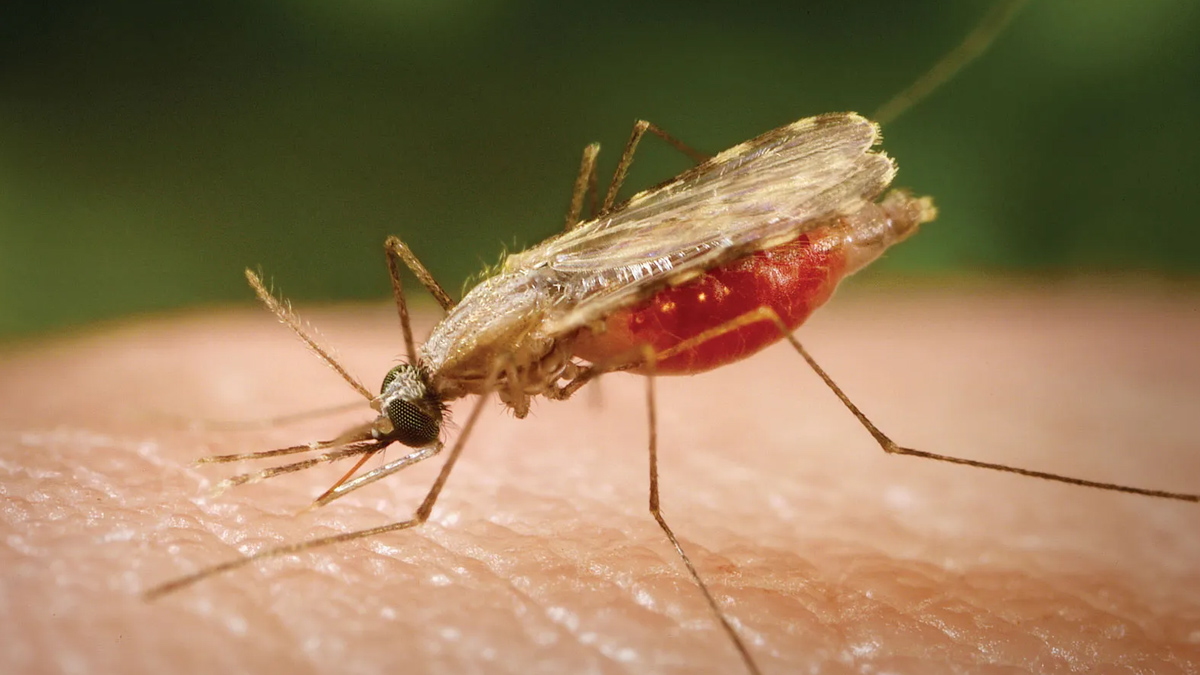
Renowned actor Kay Kay Menon recently revealed a challenging health battle after contracting malaria. Known for his powerful performances in films and shows, Menon’s journey to recovery highlights the importance of awareness and preventive measures against malaria, especially as the season brings a surge in cases. Menon’s experience serves as a reminder of the seriousness of this illness and how vital it is to stay informed on both its prevention and treatment.
Table of Content:-
Kay Kay Menon’s Malaria Diagnosis: A Close Call
On September 29, Menon was diagnosed with malaria, a mosquito-borne illness that can have severe health consequences. His condition rapidly deteriorated within two days of hospitalization, leading to an emergency transfer to the ICU, where he spent ten days under intensive care. In a recent message, Menon shared, “I was hospitalised with malaria… Things got worse, and I had to be transferred under emergency into ICU.” Thankfully, he was discharged recently, though his recovery journey is far from over.
Doctors have advised Menon to rest for at least two weeks as he rebuilds his strength and nourishes himself back to health after significant weight loss. The actor expressed hope to return to his professional commitments by early November, though he currently communicates only through text, as his voice remains affected. His experience underscores the need for vigilance against malaria, particularly during peak mosquito season.
View this post on Instagram
What Is Malaria and How Does It Spread?
Malaria is a disease caused by Plasmodium parasites, transmitted through bites from infected female Anopheles mosquitoes. These parasites enter the bloodstream and multiply, eventually attacking red blood cells and leading to a range of symptoms. Malaria typically develops within 10-14 days of an infected mosquito bite, although this can vary depending on the strain.
Common Symptoms of Malaria
As per Dr A.K. Gadpayle, Head Department of Medicine - Sharda Hospital, malaria symptoms vary but generally include:
- High fever and intense sweating: These are hallmark signs, often cycling between chills and sweats.
- Chills and body aches: Frequent shivering spells and muscle pain are common as the body fights off the infection.
- Severe headache and nausea: Patients often experience intense headaches and bouts of nausea, along with fatigue.
- Digestive upset: Nausea, vomiting, and diarrhoea may occur as the illness progresses.
Also Read: Prithvi Shaw Dropped From Mumbai Team Over High Body Fat: What It Means For Health And Fitness
While these symptoms may resemble other viral infections, malaria can escalate rapidly, especially if left untreated. Timely medical intervention is crucial to manage the illness effectively.
Protecting Yourself During Malaria Season
Taking preventive measures is crucial to reduce the risk of contracting malaria, especially if you are in a high-risk area. Here are several practical strategies to consider:
Consult a Healthcare Professional for Antimalarial Medications
If you’re travelling to or residing in a malaria-prone area, consult a healthcare provider about preventive medications. They can prescribe antimalarial drugs suited to your destination and health needs, which can significantly lower your risk of contracting the disease.

Use Mosquito Repellents Regularly
Applying mosquito repellent is essential when spending time outdoors, especially during dusk and dawn when mosquitoes are most active. Look for repellents containing DEET, picaridin, or oil of lemon eucalyptus, which are known to be effective against mosquitoes. Remember to reapply regularly, especially after sweating or exposure to water.
Wear Protective Clothing
To avoid mosquito bites, wear long-sleeved shirts, long pants, and socks. Dark colours can attract mosquitoes, so opt for light-coloured clothing that also covers your arms and legs. Loose-fitting clothing offers better ventilation and can reduce the risk of bites through thin fabric.
Also Read: Prajakta Koli Shares Her Body Image Issues With Ananya Panday; Ways To Overcome Body Image Issues
Sleep Under Mosquito Nets
In areas without air conditioning or proper screens, using a mosquito net treated with insecticides provides valuable protection. Make sure the net is properly set up, with no tears or gaps, and that it’s securely tucked under the mattress. This creates a physical barrier, keeping mosquitoes at bay as you sleep.
Consider Indoor Residual Spraying (IRS)
If you’re staying in a malaria-prone region for an extended period, IRS can offer longer-lasting protection by killing mosquitoes that come into contact with sprayed surfaces. Talk to local authorities about having walls and eaves treated with insecticides, which remain effective for several months.
Building Awareness Around Malaria
Menon’s experience underscores the serious nature of malaria and the importance of community education and prevention. Mosquito-borne illnesses like malaria pose a substantial public health challenge, particularly in tropical and subtropical regions where mosquitoes thrive. Government programs, awareness campaigns, and individual prevention efforts all play a role in minimizing the spread of malaria.
Bottomline
Kay Kay Menon’s malaria diagnosis is a cautionary tale and a reminder to stay vigilant during malaria season. Through preventive measures, awareness, and prompt medical intervention, the risks associated with malaria can be significantly reduced. By staying informed and prepared, individuals can help protect themselves and their communities from this preventable disease.
Also watch this video
How we keep this article up to date:
We work with experts and keep a close eye on the latest in health and wellness. Whenever there is a new research or helpful information, we update our articles with accurate and useful advice.
Current Version